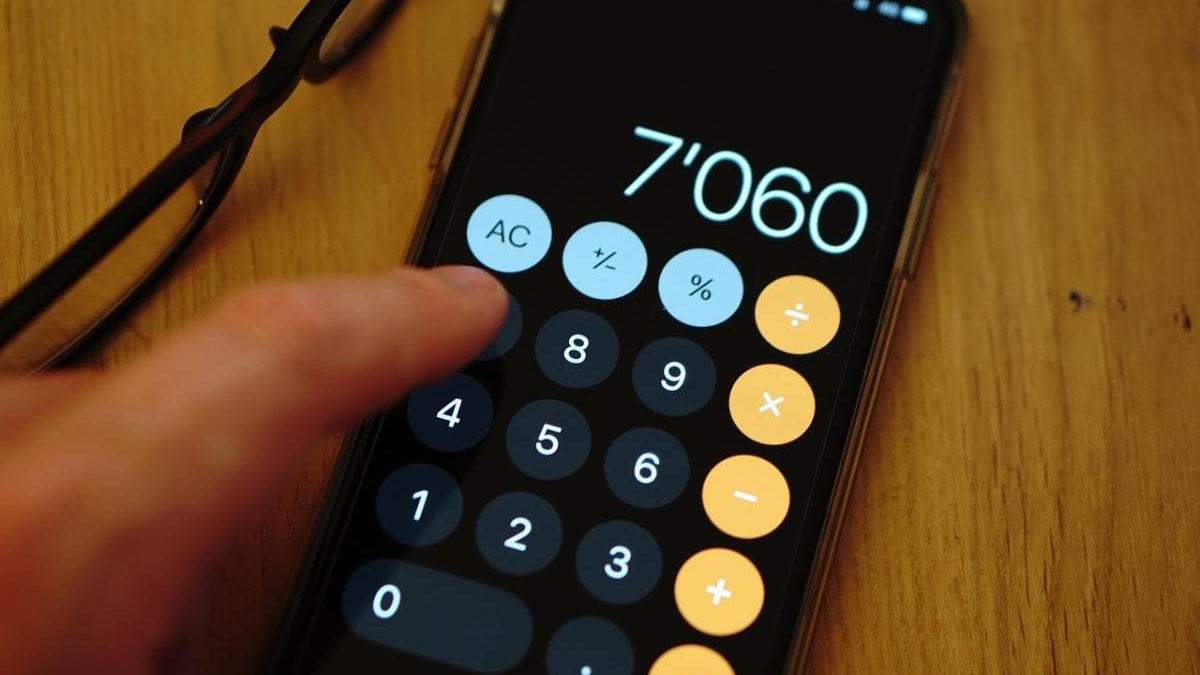Staring at your mark sheet and wondering how to calculate percentage of marks? Trust me, I’ve been there too – sitting with a calculator, second-guessing myself, and panicking about whether I’ve got the maths right. Let me walk you through this step by step, just like I wish someone had explained it to me back in school.
Table of Contents
ToggleWhy Do We Even Need to Calculate Percentage of Marks?
Before diving into the calculations, let’s talk about why this matters. Whether you’re applying for college admissions, appearing for competitive exams, or just want to understand where you stand academically, knowing your percentage is crucial. It’s the universal language that colleges, employers, and even your relatives understand!
I remember when my cousin was applying for engineering colleges, and every application form asked for percentage. Having this number ready saved him so much time and stress.
The Basic Formula: How to Calculate Percentage of Marks
Here’s the golden formula that works for any marking system:
Percentage = (Marks Obtained ÷ Total Maximum Marks) × 100
Let me break this down with a real example:
Say you scored:
- Marks obtained: 425 out of 500
- Calculation: (425 ÷ 500) × 100 = 85%
That’s it! You’ve got 85% marks.
Different Scenarios for Calculating Percentage
For Individual Subjects
Sometimes you need to calculate percentage for individual subjects:
- English: 85/100 = 85%
- Maths: 92/100 = 92%
- Science: 78/100 = 78%
For Multiple Subjects Combined
When dealing with subjects having different maximum marks:
Example:
- English: 85/100
- Maths: 92/100
- Science: 156/200
- Social Studies: 78/100
Total marks obtained: 85 + 92 + 156 + 78 = 411 Total maximum marks: 100 + 100 + 200 + 100 = 500 Overall percentage: (411 ÷ 500) × 100 = 82.2%
Understanding CGPA: How to Calculate CGPA
Now, let’s talk about CGPA (Cumulative Grade Point Average). This is where many students get confused, but it’s actually quite straightforward.
CGPA = Sum of (Grade Points × Credit Hours) ÷ Total Credit Hours
Step-by-Step CGPA Calculation:
Semester 1 Example:
- Subject 1: Grade A (9 points) × 4 credits = 36
- Subject 2: Grade B+ (8 points) × 3 credits = 24
- Subject 3: Grade A- (8.5 points) × 3 credits = 25.5
- Subject 4: Grade B (7 points) × 2 credits = 14
Total grade points: 36 + 24 + 25.5 + 14 = 99.5 Total credit hours: 4 + 3 + 3 + 2 = 12 SGPA: 99.5 ÷ 12 = 8.29
For CGPA, you’ll average out all your semester GPAs.
The Million-Dollar Question: How to Convert CGPA to Percentage
This is probably what brought you here, right? Different universities and boards have different conversion methods, but here are the most common ones:
Method 1: The Standard Formula
Percentage = CGPA × 9.5
This is used by many universities and is quite popular.
Example: If your CGPA is 8.5 Percentage = 8.5 × 9.5 = 80.75%
Method 2: The Alternative Formula
Percentage = (CGPA × 10) – 7.5
Some institutions prefer this method.
Example: If your CGPA is 8.5 Percentage = (8.5 × 10) – 7.5 = 77.5%
Method 3: University-Specific Formulas
Some universities have their own conversion tables. Always check with your institution for their specific method.
Common Grading Systems in India
10-Point Scale (Most Common)
- A+: 10
- A: 9
- B+: 8
- B: 7
- C+: 6
- C: 5
- D: 4
- F: 0
4-Point Scale (Some Universities)
- A: 4.0
- B: 3.0
- C: 2.0
- D: 1.0
- F: 0
Practical Tips from My Experience
Double-Check Your Calculations: I can’t stress this enough. I once calculated my percentage wrong for a scholarship application and had to resubmit everything. Always verify your maths!
Keep All Mark Sheets Handy: Whether it’s for college applications or job interviews, having your percentage readily available saves time.
Understand Your Institution’s System: Different colleges have different grading systems. Make sure you’re using the right conversion method.
Use Online Calculators for Verification: There are plenty of reliable online percentage and CGPA calculators. Use them to double-check your manual calculations.
Real-Life Applications
For College Admissions
Most Indian colleges ask for percentage marks. If you have CGPA, you’ll need to convert it using your university’s approved method.
For Competitive Exams
Many competitive exams have minimum percentage criteria. Knowing your exact percentage helps you determine eligibility.
For Job Applications
Employers often ask for academic percentages during the recruitment process. Having this information ready demonstrates preparedness.
Common Mistakes to Avoid
- Using the wrong conversion formula for CGPA to percentage
- Forgetting to include all subjects in overall percentage calculation
- Mixing up SGPA and CGPA calculations
- Not considering credit hours in CGPA calculations
- Rounding off too early in calculations
Quick Reference Guide
- For Percentage Calculation: Percentage = (Marks Obtained ÷ Total Marks) × 100
- For CGPA Calculation: CGPA = Total Grade Points ÷ Total Credit Hours
- For CGPA to Percentage: Most Common: Percentage = CGPA × 9.5
Wrapping Up
Mastering how to calculate percentage of marks, understanding CGPA systems, and knowing how to convert between them is essential for every Indian student. These calculations might seem tricky at first, but with practice, they become second nature.
Remember, whether you’re calculating your board exam percentage or trying to understand your university CGPA, the key is to be methodical and double-check your work. These numbers often determine important opportunities in your academic and professional journey.
Keep this guide handy, and you’ll never have to stress about how to calculate percentage of marks again!
Also Read: Accelerate Your Career: Top IIT Courses for Exponential Growth
Shashi Teja
Related posts
Hot Topics
How Continuous Controls Monitoring Prevents Configuration Drift
Configuration drift occurs when infrastructure changes faster than your ability to validate it. Continuous controls monitoring is your navigation system—constantly…
How to Download Instagram Videos Easily Using VidMate
Instagram has become one of the most popular platforms for sharing videos, reels, and creative content. From entertaining clips to…



